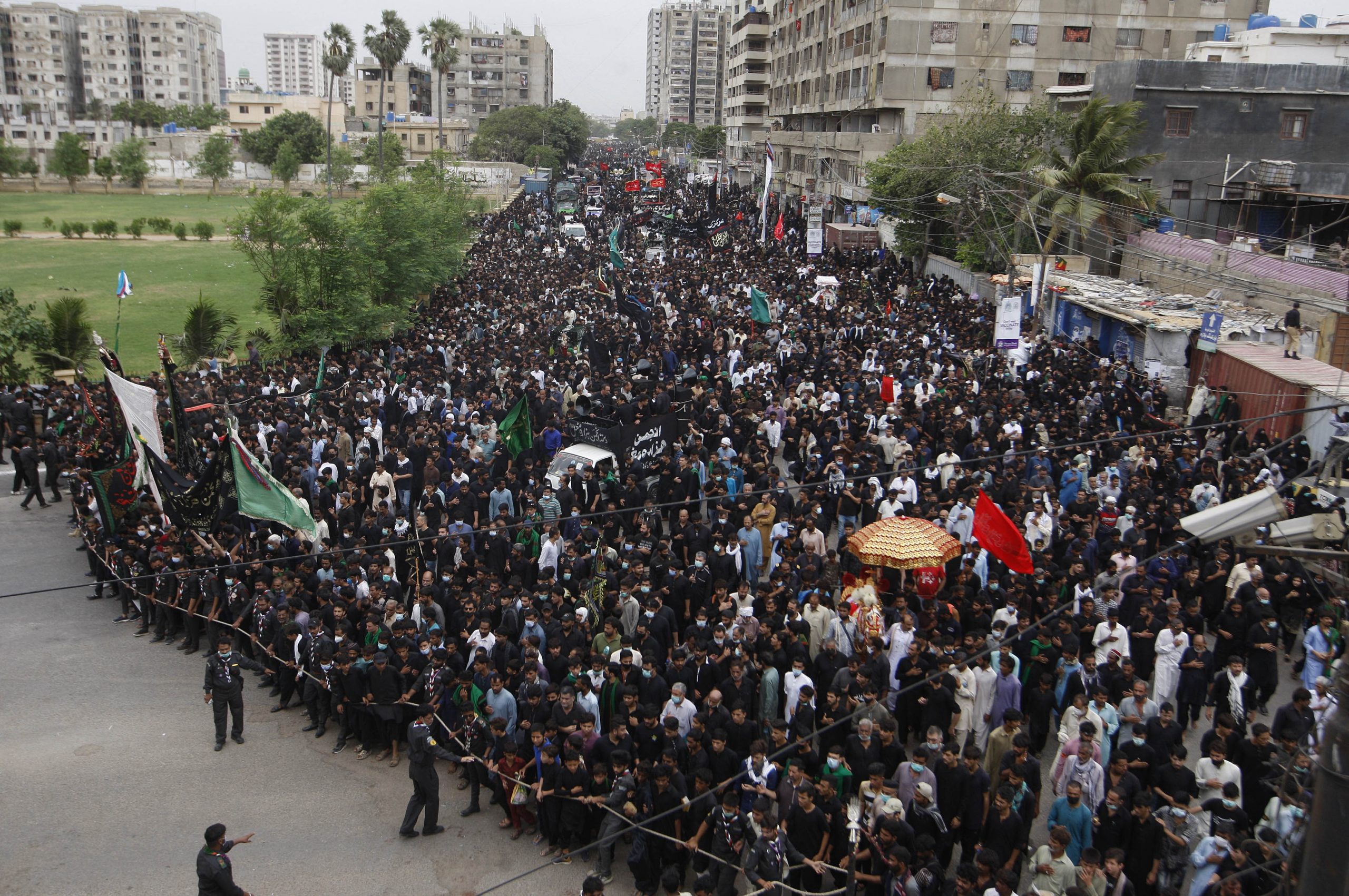An acute
shortage of water and electricity, as well as a threat to livelihood, in Pakistan’s
port of Gwadar has sparked fresh protests against China and its mega belt and road
initiative in the country, with backlash against the project intensifying in
recent months.
Two people
were injured as authorities this week cracked down on the protests, which saw fishermen
and other local workers block roads, burn tyres and raise slogans in demand of
water, electricity and a ban on illegal fishing in nearby waters by Chinese trawlers,
which then take the fish back to China, The Guardian reported.
Also Read | Beijing pushes for Tibetans to speak Chinese, adopt cultural symbols
An attack
on Chinese nationals in Gwadar, a coastal city in Balochistan, on Friday saw a
suicide bomber kill two children, a senior Pakistan official said. “The suicide
bomber was able to hit the last car of the convoy as it passed,” he said. A
Chinese engineer was also injured in the attack.
The attack was
claimed by the Balochistan Liberation Army (BLA). Like other militant groups in
Balochistan, the BLA accuses the Chinses of exploiting the region’s mineral
resources. The group, in retaliation, has previously attacked Chinese nationals
as well as the Chinese consulate in Karachi.
“It has
been more than a month, we have been protesting and rallying against the
Chinese trawlers, shortage of water and electricity. The government never paid
heed to our demands, and we had to observe a complete shutdown strike and we
were attacked by the district administration,” Faiz Nigori, a local political worker,
told The Guardian.
The port of
Gwadar is an integral part of the China-Pakistan Economic Corridor (CPEC), which
Beijing has invested billions as part of infrastructure projects. Pakistan has
surrendered the port to a Chinese-backed multinational firm for a lease of 40
years.
Also Read | Pakistan Minister vows action in ‘horrendous’ harassment of YouTuber girl
The CPEC is
part of China’s massive belt and road initiative that stretches across 70
countries to give China a trade route across Asia and Europe. The Pakistan
government has accepted the project in hopes of reviving its struggling economy.
But protests
against Chinese presence in Gwadar has swelled in recent times, with Balochistan’s
long-running militant insurgent groups targeting China, leading to social
unrest and increasing anti-China sentiment among the people.
Also Read | China eyes Afghanistan’s lucrative earth mines with Taliban in power
However,
China is not directly responsible for the water and power crisis in Gwadar. Balochistan
is one of the country’s most underdeveloped regions and relies majorly on neighbouring
Iran for electricity. But that the supply has diminished in recent weeks, with
water becoming scarce since a dam dried up.
Locals say
they were promised development in the area through that China’s investment, including
a coal-powered station to provide electricity. But no such projects have been
approved so far, with locals saying the Chinese fishing boats also undermines
their livelihoods.







